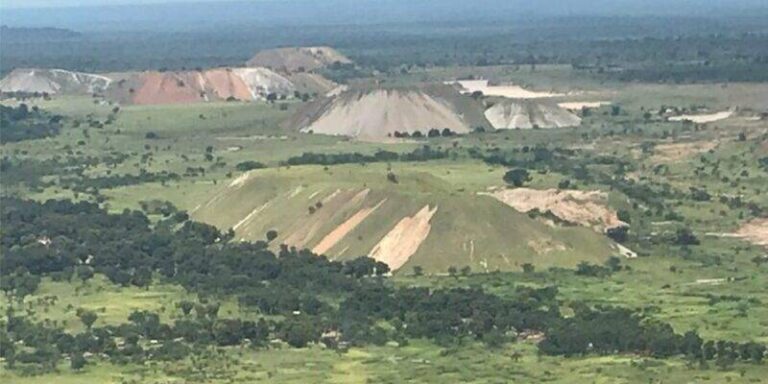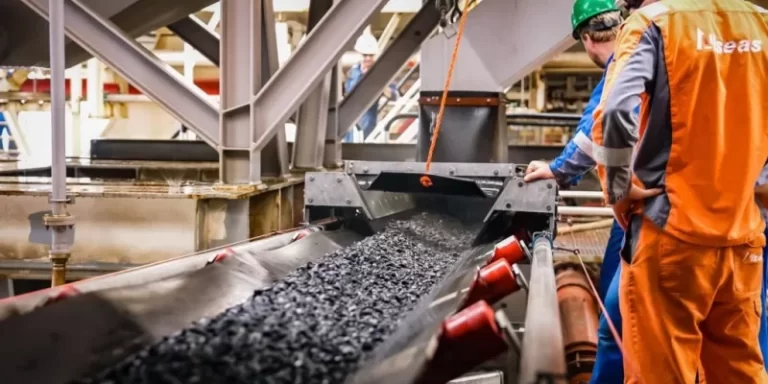
Chile has unveiled an ambitious plan to carve its place among the top three cobalt-producing nations, setting its sights on the cobalt market race starting next year.
Renowned as a copper powerhouse, Chile aims to leverage its resources to become a major player in the cobalt industry, currently dominated by the Democratic Republic of Congo and Indonesia.
Finance Minister Mario Marcel underlined Chile’s resolute commitment to enter the cobalt mining sector, emphasizing its potential to emerge as a key battery supplier.
Cobalt, an essential mineral for lithium-ion batteries used in smartphones and laptops, presents a strategic opportunity for Chile amid challenges in copper production due to low ore grades, water constraints, and pandemic-related disruptions.
This transition is pivotal as copper remains crucial for electric vehicles and battery production, constituting a major component in the automotive sector of China, the United States, and the European Union.
Studies conducted by Chile’s Corfo and the National Geology and Mining Service indicate the nation’s capacity to yield 15,000 tonnes of cobalt annually from metal residues.
A promising prospect lies in developing “green cobalt” using biotechnology, enabling eco-friendly extraction from abandoned or inactive residue deposits, mitigating environmental impacts associated with traditional extraction methods.
Chile’s focus on leveraging 764 identified mining waste sites signals a pivotal shift toward sustainable cobalt production.
The emphasis on “green cobalt” aligns with the nation’s drive to balance economic growth with environmental preservation.
With the Democratic Republic of Congo experiencing a significant 57% drop in cobalt production by 2030, Chile, along with Indonesia, has a significant opportunity to fill the void in a market long dominated by the DRC.
Simultaneously, the Chilean Cobalt Corporation is actively exploring its Cobaltera project in the San Juan district of the Atacama region.
The corporation aims to advance to the pre-feasibility stage by the second or third quarter of 2024, positioning Chile firmly on the path to become a frontrunner in the global cobalt market.







